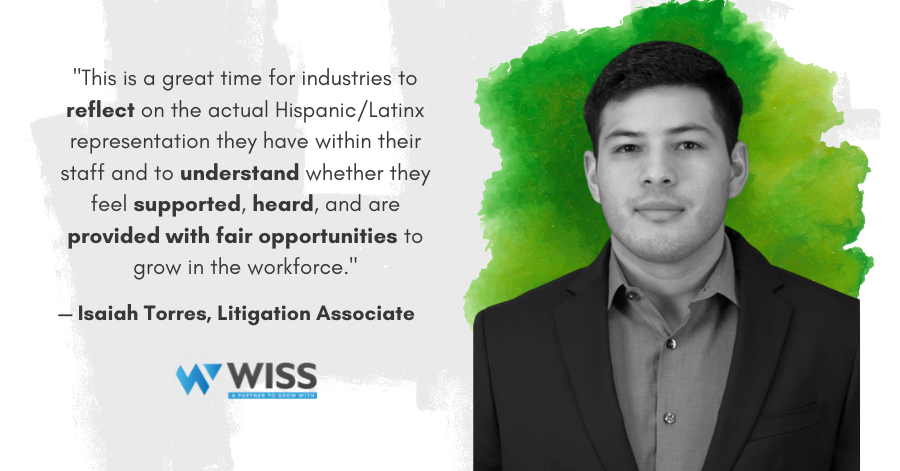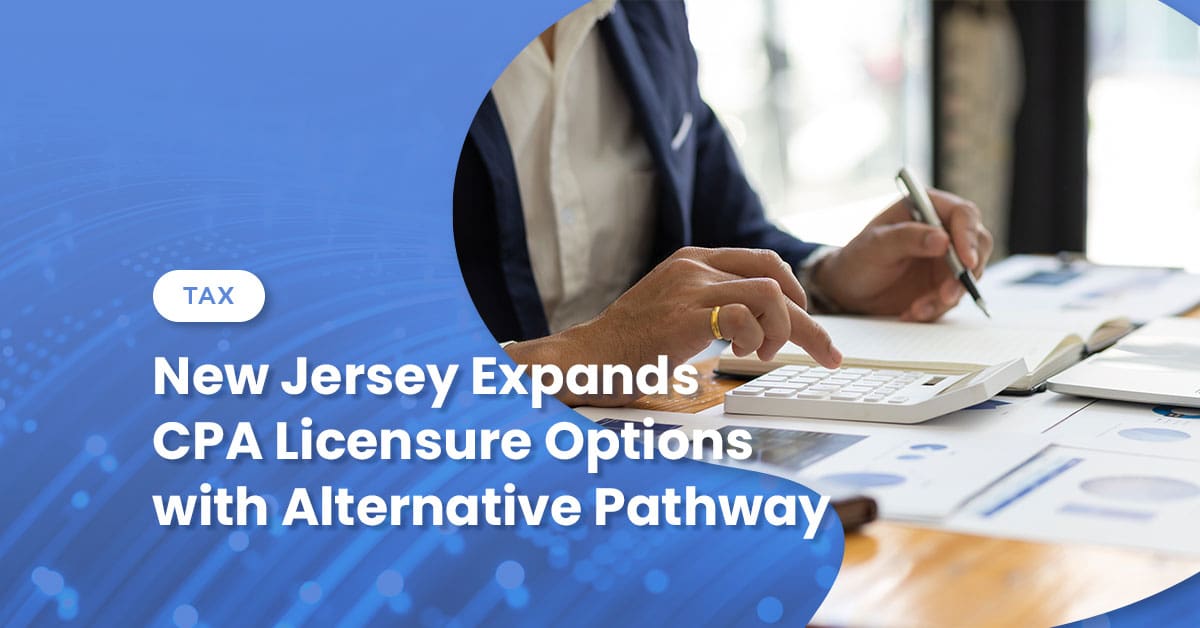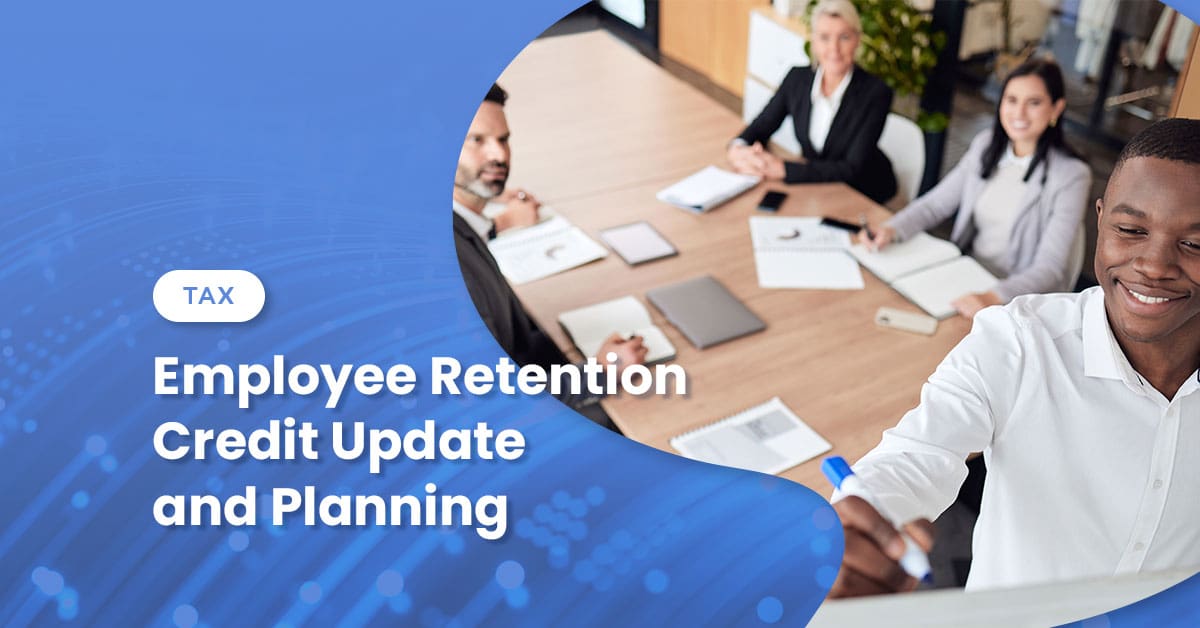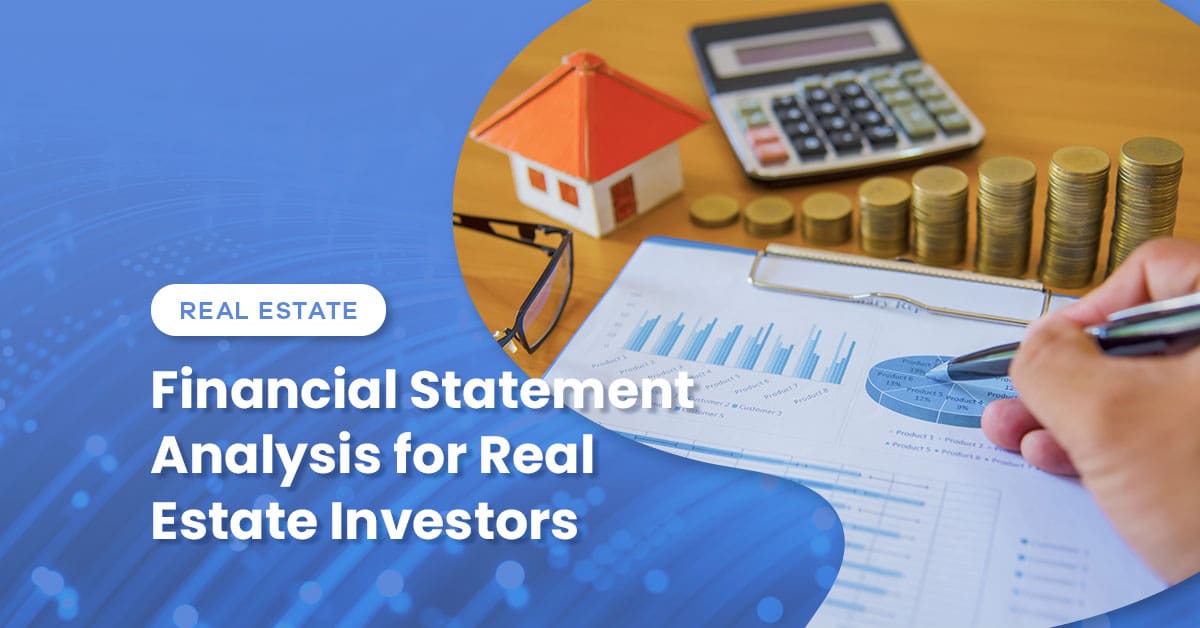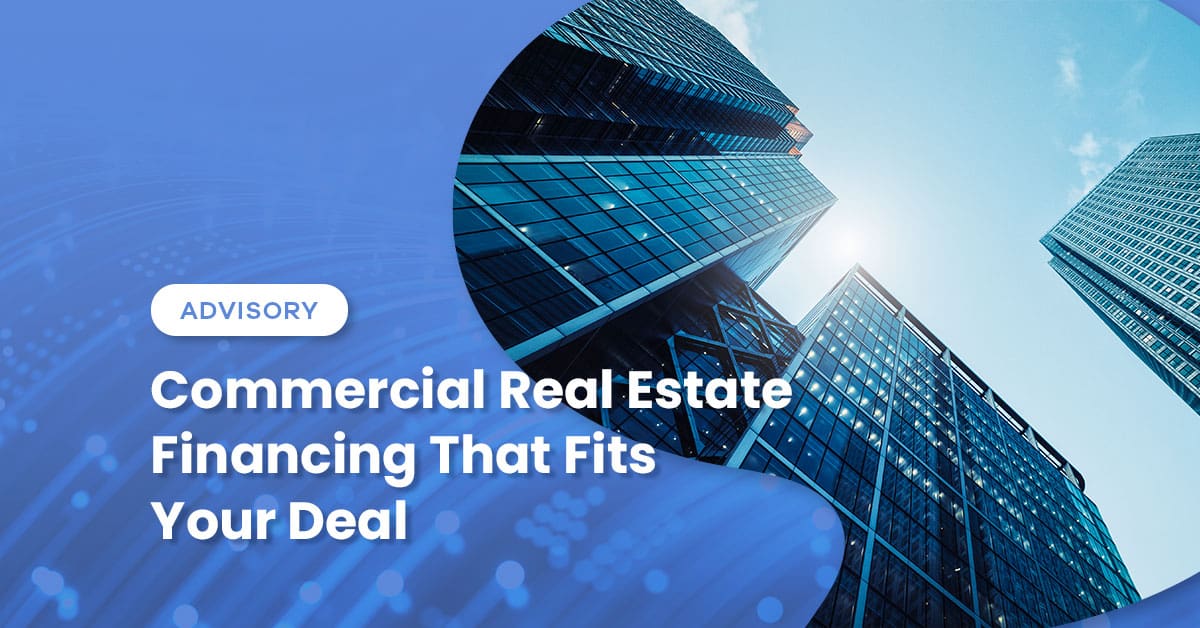Marketing Associate, Harriet Levenston, sits down with Managing Partner at Wiss, Paul Peterson, to discuss his take on what’s at the heart of a healthy company.
Harriet: Hi Paul. Thanks for taking the time to chat with me today.
Paul: Absolutely!
You lead the firm’s long-term strategy and help create an environment where employees can flourish. What was the path like getting here?
When I first started out, I wasn’t sure exactly what I wanted to do—public accounting, industry, etc. I knew that I wanted to be entrepreneurial. I started a cookie business, actually. I did it with another guy from college. It was a great experience! We began in a kitchen and ended up renting space in an industrial park. It taught me just how hard it is to make a business work. Even though I was trained in formal accounting at the time, there were so many other aspects to running a business that I wasn’t prepared for. The numbers were really just the tail-end. That gave me great perspective. We knew that it would be very difficult to make the operation successfully. We were producing freshly baked cookies. It wasn’t easily scalable. So, I thought, OK, what’s next?
And what was next?
I interned with a large public accounting firm, but I didn’t feel that I would be an individual. I knew that the firm would be repressive of the type of person I wanted to be. Being more interested in the business side, I tried my hand in private industry. There, what I realized pretty quickly, was that the more successful people in accounting and finance all had their CPAs and had worked in public accounting. They had that experience and were looking for people who had that, too. This motivated me to get my CPA.
Why Wiss?
In 1995, I interviewed with then Leading HR Director of Wiss, Len Michielli. It was the best interview I had ever had at that point in time! Len explored more of the personal attributes to see if I was the right fit culturally, and was interested in me as a human being, rather than just a technician, an accountant. We hit it off, and I thought, I’ve got to work here! The reality is, I gave up a bigger salary I could have otherwise made at a national firm—but I was happy. I felt like I could thrive.
“The reality is, I gave up a bigger salary I could otherwise have made at a national firm—but I was happy. I felt like I could thrive.”
You encourage others to embrace their connections and to network. Can you elaborate?
I encourage people to create new relationships, but also, to enjoy and maintain those relationships. Bonds help you to feel you have roots in an organization. I’ve always felt like I had deep roots here at Wiss, and I took advantage of that. I want people to do the same—to establish relationships here that they could carry on for the rest of their lives. My advice is to harness the network we have here, both internally and externally, because there’s a lot of power in that.
“My advice is to harness the abundant network we have here at Wiss, both internally and externally, because there’s a lot of power in that.”
I often hear laughter coming from your side of the office! What do you enjoy most about coming into work each day?
I appreciate that! I definitely relish the people part of what I do. I’ve always wanted to have an impact. An edge I had along the way, which some of us shared, was the belief that there was a better way of running a company. In fact, I still think there is a better way of doing it. We’re still in the creation stage, I would say. A business’ success centers on its people. We have incredible people at Wiss—people I feel energized being around. I’m always asking myself, how can we craft a vision and a brand so that the company is powerful? Work ethic is extremely important, but there’s a way to being productive where you can blend work and wellbeing. I want us to show companies like ours that you can do it a better way.
“Work ethic is extremely important, but there’s a way to being productive where you can blend work and wellbeing. I want us to show companies like ours that you can do it a better way.”
Talking to colleagues, I often hear them say that Wiss was progressive in its approach to working conditions before “being progressive” was a trend. Is the way in which Wiss is set up conducive to the mantra, Work Smart Not Hard?
100 percent. I think that we can continue to work even smarter. Granted, there will always be demands on employees to meet their clients’ needs. Our clients expect the best from us 24/7. It’s challenging to carve out the boundaries at which you’re at someone’s disposal. That’s a difficult part of what we do at a professional services firm. The pandemic has shifted not only the way we work, but also, the way we think about the way we work.
Has working remotely made our perception of work more human?
Yes. We’re seeing that being remote has no bearing on whether a worker is engaged. Traditionally, we’ve tended to use “face time” and the number of hours one clocks in as grounds to judge a person’s work ethic and effectiveness, when the true metric should be engagement. For instance, one of our best people, Evan Gernant, lives in Charleston, South Carolina. He’s incredibly engaged—so much so, we’ve ordered him to take a holiday! The key is making sure that people don’t take advantage of this model, so that the bulk of the work doesn’t overwhelm a smaller number of people. I can see that happening.
In terms of management, is there more pressure to cater to the individual?
Yes. The paradox of remote work is that, to do it successfully, you need to understand your colleagues on a deeper level. You need to take the time to appreciate their unique personality and work style. I work best at night, for instance; I’m not a morning person! Some people thrive on structure and constancy; others work creatively in bursts. Before Covid, we were all operating under very similar standards. You clock in at around nine, and you clock out at a certain time depending on what time of year it was. That’s no longer the benchmark.
We should all allow for some differences in the way we go about work, including our expectations of how, and where, others go about their work. The best approach we can take is open-mindedness. This is a huge shift, and we need to be fluid.
“The paradox of remote work is that, to do it successfully, you need to understand your colleagues on a deeper level. You need to take the time to appreciate their unique personality and work style.”
I’m also most productive at night.
What I love now is an acceptance of these kinds of traits in the workforce.
What do you do when you’re not working?
Aside from spending time with my amazing family, I love to run, to exercise, and to go to sporting events. I also play the piano. I’ve been working on a Bach piece for the past year; I can’t master it for the life of me! I enjoy the challenge.
Describe Wiss in three words.
Embrace humanity fully.
If you could invite any four people to a dinner party, who would you invite?
Abraham Lincoln; Natalie Merchant from 10,000 Maniacs; John F. Kennedy—he seems like he’d be such a multidimensional guy; and Michael Jordan.
Last question: what was the name of your cookie business?
“Paul and Todd’s Homemade”.
Too good. Thanks, Paul. It’s always a delight speaking with you!
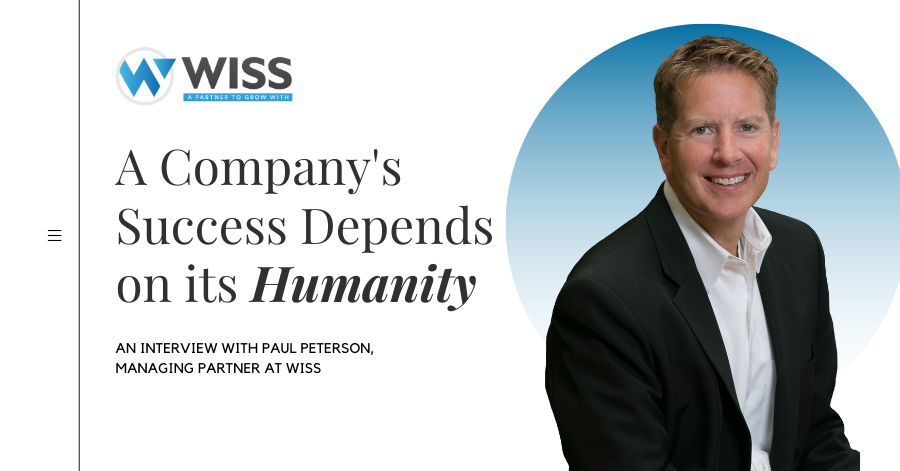
 Previous
Previous